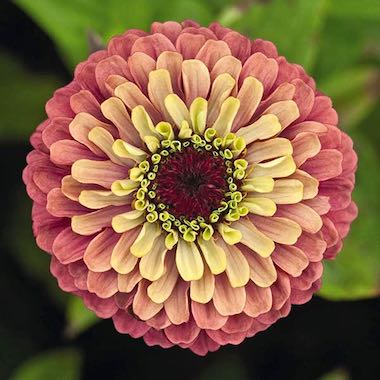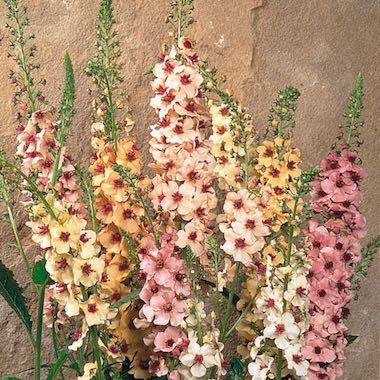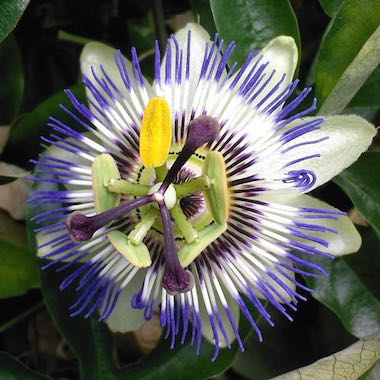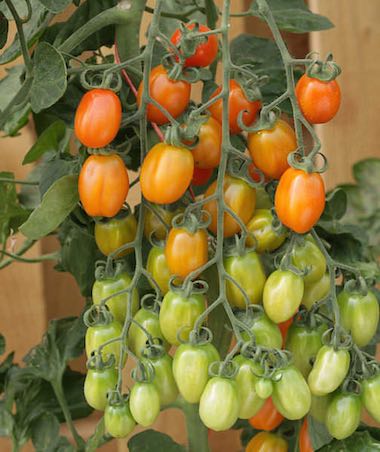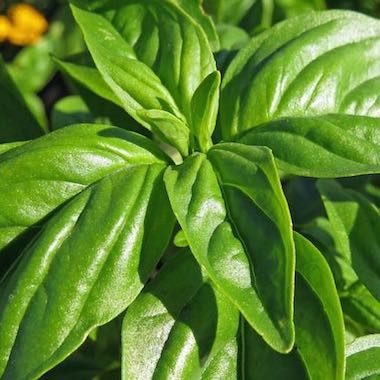Tomato hornworms are very large caterpillars that can grow up to four inches long. Adult caterpillars are bright green with white stripes and dark eye-like spots on each section of their abdomens. Coloration on young caterpillars is typically lighter but with similar patterns.
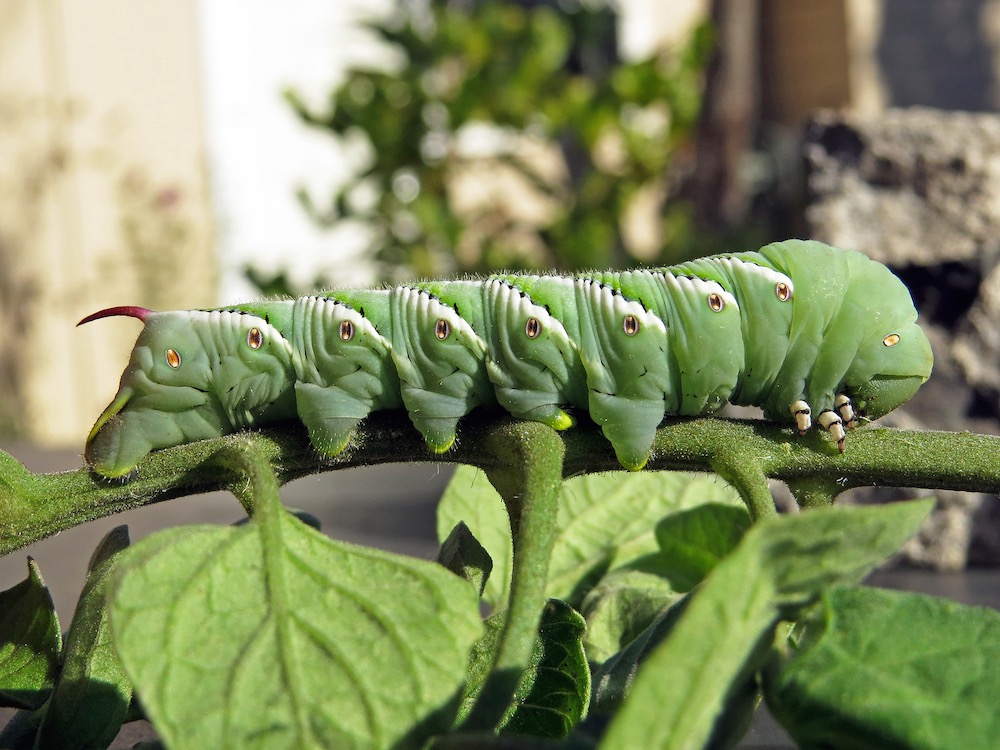
They’re fairly easy to identify but not always easy to find as they blend in with the foliage of their favorite food, the tomato plants in our gardens. You’ll likely find evidence of tomato hornworms in the form of dark green or black droppings and branches stripped of their leaves. Tomato hornworms will feed on both leaves and fruit. If you’re hunting for tomato hornworms, they’ll likely be near the edge of damaged areas. While tomato hornworms prefer tomato plants, they can also be found on weeds in the same family, the solanaceae or nightshade family, and on other cultivated crops like eggplants, peppers and potatoes.
The easiest way to keep tomato hornworm populations under control is to check plants 2 or 3 times a week. I check for damaged areas rather than checking for the caterpillars. I find it much easier to spot the damage and droppings than the camouflaged caterpillars. Tomato hornworms grow fast, they become full grown in as little as three weeks, so it is important to check frequently. Tomato hornworms get so big that I feel less inclined to squish them between my fingers and more inclined to wear gloves when hunting for them. Once found, remove by hand and drop into a container of soapy water unless you want to squish them between your fingers.
If you find a tomato hornworm with a cluster of white egg-like projections sticking out from its body, don’t kill it. The projections are eggs for a parasitic wasp. The larvae that hatch from these eggs will feed on the the hornworm and grow into the next generation of wasps that will help control the population of tomato hornworms in your garden. To attract more of these wasps to your garden, provide water for them to drink and plant parsley, dill and yarrow in and near your vegetable garden. Adult wasps feed on the nectar of these plants.
Keeping your garden free of weeds from the solanaceae or nightshade family and tilling soil between growing seasons will also help limit the number of tomato hornworms in your garden.
Happy Hornworm Hunting!


